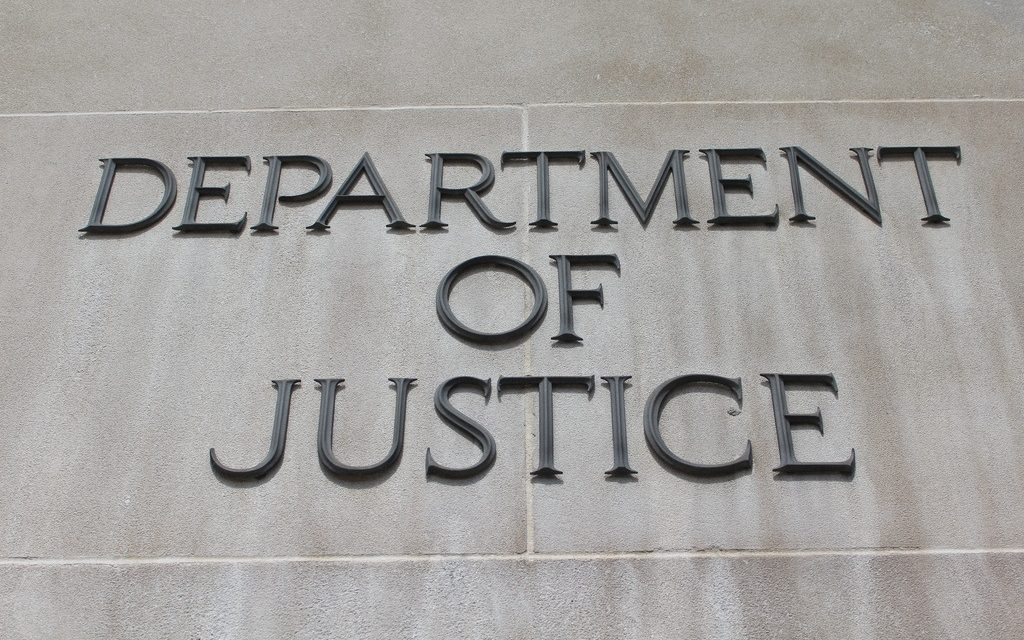The U.S. Department of Justice’s (DOJ) Civil Rights Division recently issued a final rule, effective January 18, to update regulations that the agency uses to enforce employment-related anti-discrimination provisions that Congress included in the “unfair immigration-related employment practices” section of the Immigration and Nationality Act (INA). The agency maintains that the update clarifies the procedures for investigations and charges of discrimination.
With the Immigration Reform and Control Act of 1986, Congress added a section to the Immigration and Nationality Act that made it illegal for employers to hire unauthorized workers. In the same legislation, Congress also added a section prohibiting immigration-related discrimination in the employment context. Congress also created a Special Counsel for Immigration-Related Unfair Employment Practices within DOJ to enforce the anti-discrimination provisions. This was out of concern that overly-cautious employers would refuse to hire, or take other discriminatory employment-related actions against, U.S. citizens or certain immigrants who had work authorization but looked or sounded “foreign.”
The law protects against discrimination based on “national origin,” which refers to being from a particular country or region of the world, or having an accent or appearing to be of a particular ethnicity. The law also protects against “citizenship status” discrimination for U.S. citizens, nationals, permanent residents (“green card” holders), refugees, asylees, and certain temporary residents. However, those who are not U.S. citizens or nationals will lose this additional protection if they do not take steps to become U.S. citizens within a specified time period. The law does not protect people not authorized to work in the U.S. and excludes employers with three or fewer employees, jobs with a lawful citizenship requirement or when a national origin discrimination claim would be covered by a different law.
In 1990, Congress added a protection against a new form of immigration-related discrimination. When workers present documentation proving they are authorized to work in the U.S., an employer cannot require that they provide more or different documents, such as rejecting any documents other than a “green card” from permanent residents.
In 1996, Congress amended this documentation provision to specify that an employer who requires “more or different documents,” or refuses to accept a document that “reasonably” appears to be genuine would be acting unlawfully only if the employer acted “for the purpose or with the intent of discriminating.”
In December, DOJ finally issued regulations implementing this amendment and making certain other changes. Key elements of the new regulations include:
- The name of the Special Counsel’s office is changed to the Immigrant and Employee Rights Section (which remains part of DOJ’s Civil Rights Division) because having more than one Special Counsel’s office has caused confusion. The Special Counsel’s title, which is specified by the law, remains unchanged.
- The new regulations include a definition of “discriminate,” which the agency maintains has clarified that an employer’s intent to discriminate must be based on national origin or citizenship status. Some employers remain concerned because the definition of intent does not consider what reason an employer may have had. For example, an employer may try to be helpful by letting a person who has identified herself as a permanent resident know that she could provide her green card for documentation. The employer’s intent is to be helpful, not to discriminate. This is different than requiring all foreign-born employees to present a green card, which is clearly discriminatory. However, the final rule does not ultimately resolve this issue because DOJ also explains that if the employer is intentionally treating the permanent resident differently, i.e., because of her citizenship status, then the employer has discriminated.
- Individuals who submit a discrimination claim within the 180-day time period provided by law now have an additional 45 days to submit information if the Special Counsel decides that they did not provide enough information to meet the requirements for a “charge.”
- The DOJ Special Counsel may accept charges filed after the 180-day time limit under certain circumstances.
- The Special Counsel may file a complaint based on an investigation the office initiated, up to five years after the date of alleged discrimination.
While the final rule still does not provide answers to all of the questions raised by employers, the agency has clarified its position as to enforcement of the law.
Photo by John Taylor.
FILED UNDER: Department of Justice, featured


